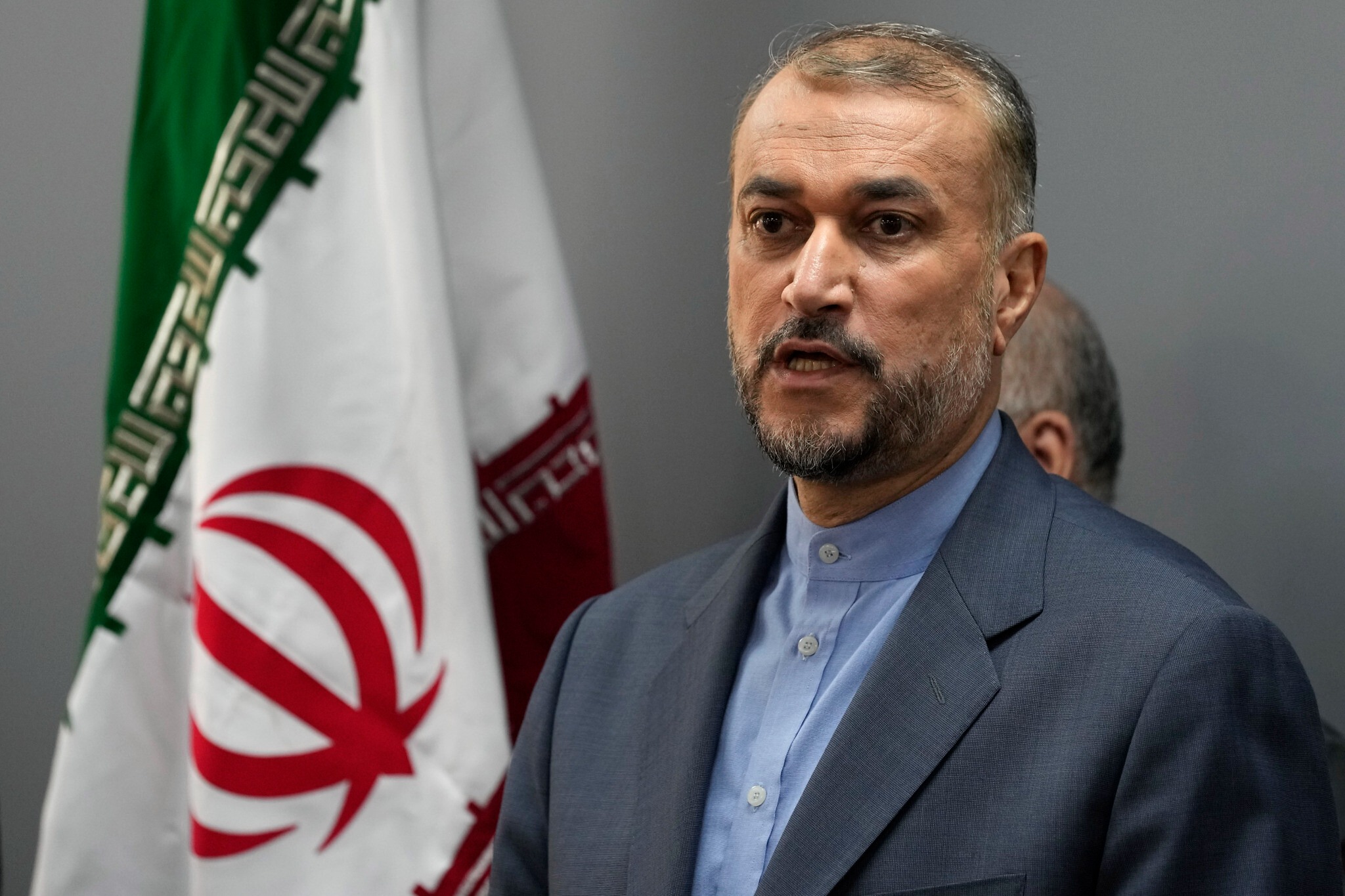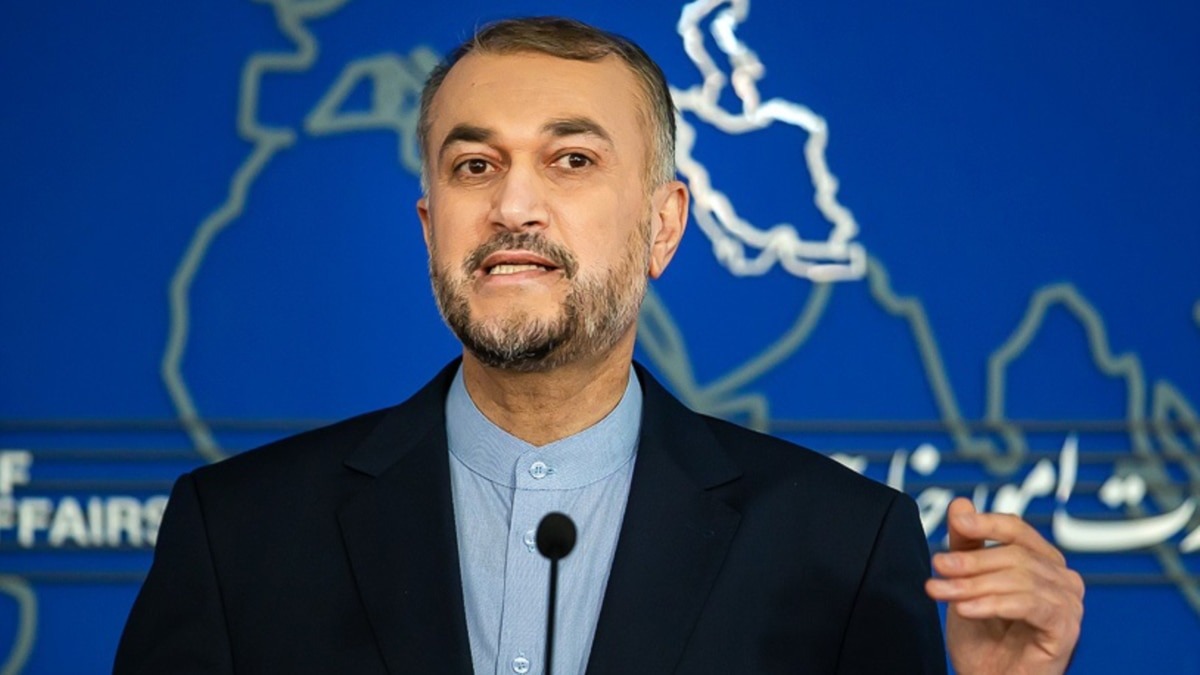Iran’s Foreign Minister, Hossein Amir-Abdollahian, downplayed the importance of the recent strikes on his country, which targeted areas near a major air base and nuclear site in Isfahan, casting doubt on their origin and impact.
In an interview with NBC News’ “Top Story with Tom Llamas,” Amir-Abdollahian dismissed the strikes, saying, “What happened last night wasn’t a strike.” He characterized the drones used in the attack as “more like toys that children play with” and expressed skepticism about Israel’s involvement, stating that there was no concrete evidence to prove their responsibility.
Although Israeli officials claimed responsibility for the strikes, they described them as “ineffective.” When asked if Iran had received prior warning of the strikes, Amir-Abdollahian minimized their effects, saying, “It wasn’t worth telling us before it happened.”

The foreign minister also made it clear that Iran would not retaliate for the current strikes but would take decisive action if Israel launched another attack. “If Israel wants to do another… our next response will be immediate and at the maximum level,” he warned. However, he added, “If not, then we’re done.”
This stance, combined with Israel’s downplaying of the strikes, may help alleviate concerns about escalating tensions in the region, which had been heightened following Iran’s April 13 drone and missile assault on Israel in retaliation for Israel’s April 1 airstrike on the Iranian Consulate in Syria.

The White House, which has maintained a quiet stance on the recent strikes, had urged Israel to exercise caution earlier in the week as Israel vowed to respond to Iran’s strikes.
Iran’s President, Ebrahim Raisi, had also threatened a severe response to any Israeli retaliation, warning that even the “tiniest” assault would result in a “massive and harsh” response. However, Amir-Abdollahian’s comments suggest that a potential cycle of escalation may be avoided.

